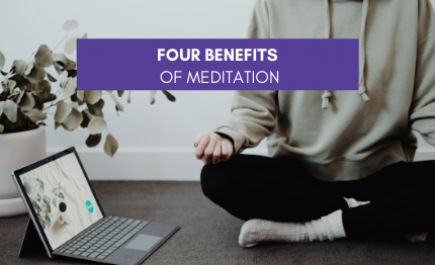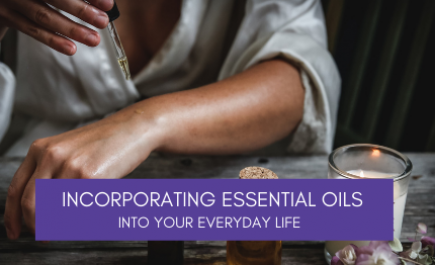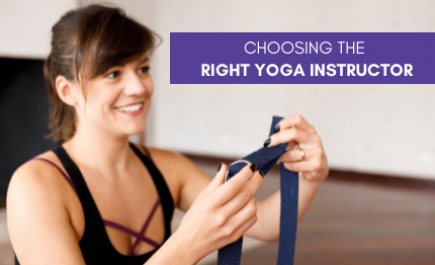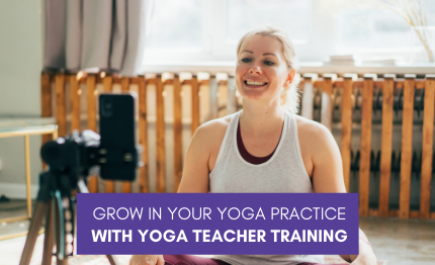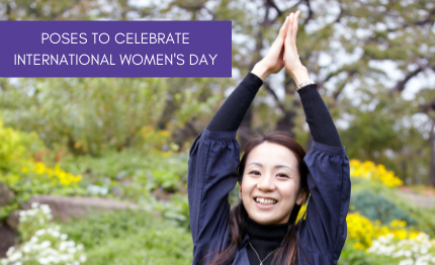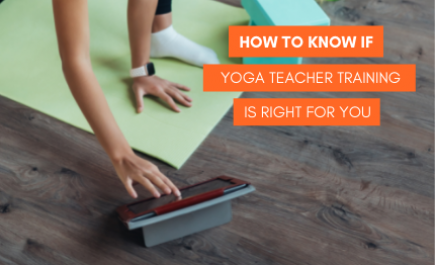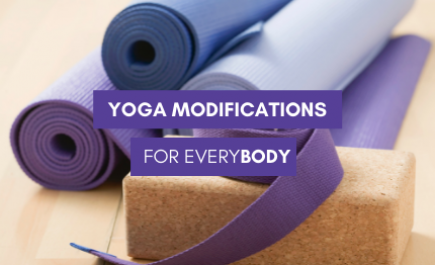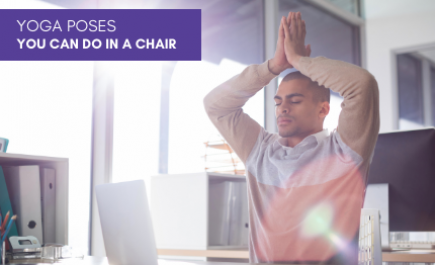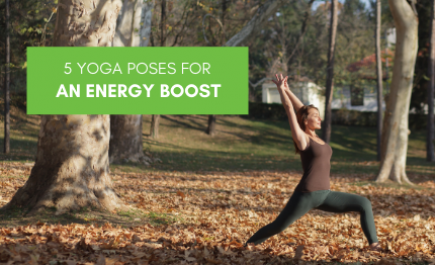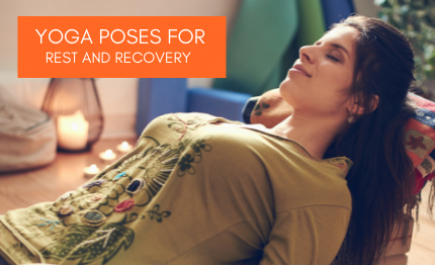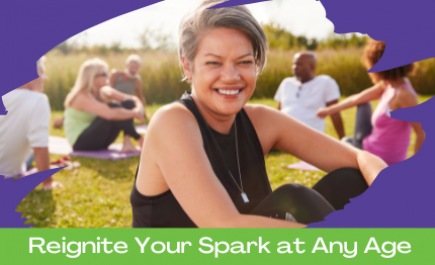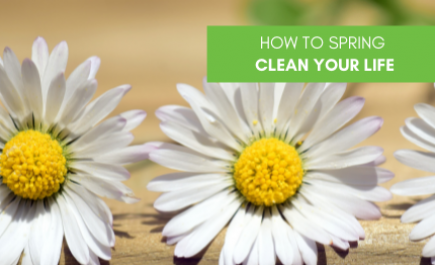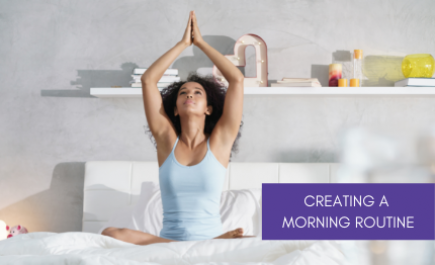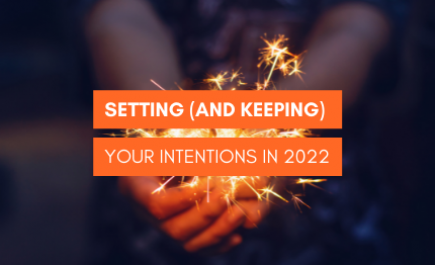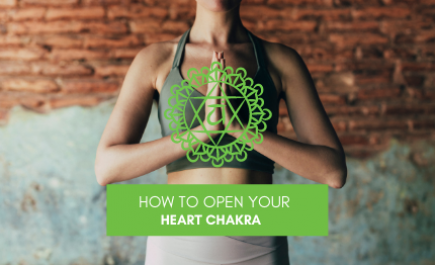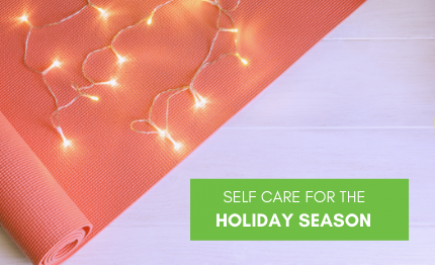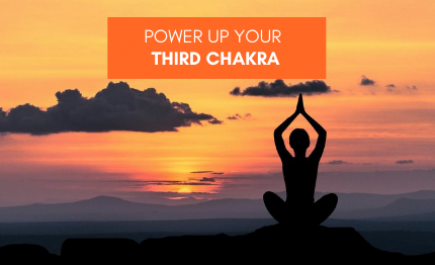What would I talk about? People often ask this question when they want to find out more about HYL coaching and whether it is right for them. What that question actually means is I am not ready to change. I am okay with the status quo. I have grown complaisant and even though I feel a bit stuck I’m just going to stay my course and hope for the best. If you cannot think of something you would want coaching for then you are okay not to experience change…yet… are you really?
I have been there. I have held myself back by behaving from old beliefs based on fear. I have ignored, resisted, blocked, gone complaisant, been lazy, and simply not cared; however, once I found coaching I could never again go back to avoiding change. Once you realize through your first coaching sessions that you run your own show, that life happens from you and not at you, you will be bitten by that bug. You taste the possibility of your own true inner transformation, and there is nothing more rewarding than the continued processing of that goal.
Let’s walk down “Devil’s Advocate Road” for the hell of it: what is so great about change? Isn’t it easier not to change; change just stirs things up and creates conflict. This position is a false belief- and deep down inside- you know it. The truth is that conscious change releases conflict, suffering and stuck-ness. By unconsciously making a choice to not change you unconsciously agree to have unconscious change happen to you. Stuck-ness creates change that is out of your control. Oh there will be plenty of change happening every day around you; change is a natural part of the world we live in, but your mind, body and spirit suffer in stuck-ness. Your body gets out of balance and sick. Your mind forms patterns of anxious thoughts. Your relationships suffer. Your work goals grow stale or disappear. With this position there is no growth unless it is somehow accidental. Like you might accidentally win the lottery. But even in this extreme example, we see change can be limited. In many instances people who win the lottery return to living as they always had, and change little because the change was not conscious.
I wrote the following quote in my high school in my High School year book, “the only thing you can be sure of is change.” Not sure where I got it but I just knew it was true! This idea has been put forth by many philosophers. The ancient yogi philosopher, Patanjali (150 BCE) wrote that impermanence and change are the only constants. Later, the Greek philosopher, Heraclitus (480 BCE) theorized that everything is in a state of fluctuation. And another example is in Buddhism where anicca, or impermanence is undeniably a factor of life. A river flows and carves out a bed. Trees grow by the bank and feed. They decay and fall into the river. Our souls are like that bed, being carved out by life. But we have the ability to create conscious choice that would allow our river to flow freely towards the open sea. Coaching supports conscious choice and change.
Next Steps for Coaching: Close your eyes and take 10 long breaths. Think about your life and something that you would want to change. Something perhaps that you only you know. Write this down. This desire to change, whether it be small or large, is exactly what a certified Health Yoga Life Coach will work with you on in coaching. A coach will help you re-language, to see that how you describe things to yourself begin to create your reality. To re-language the question in this blog, I encourage you to instead say: I know what I will talk about with my coach. Coaches will then use affirmations to support your change. This blog post’s affirmation is I create conscious change in my life with support from my coach.


